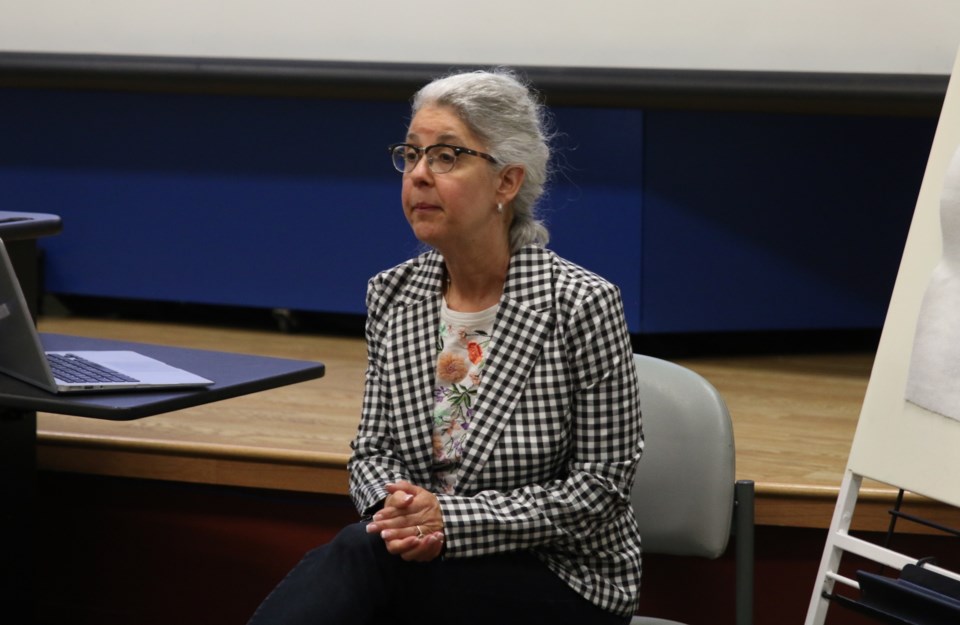THUNDER BAY - After the revelation in two reports of systemic racism at the institutional level in the Thunder Bay Police Service, there has been a lot of focus on what went wrong, but researchers say its time to focus on what needs to change to regain trust in the community.
“There’s a whole bunch of research on what is trust in policing and there is research and media around what’s wrong and broken with the police,” said Leisa Desmoulins, assistant professor in faculty of education in the department of Aboriginal education.
“There is very little nationally, internationally, or locally on how to make those changes. I think that’s a really important aspect of this project, is it looks at how do we make those changes. And we don’t know those answers.”
Desmoulins is a consultant with the Thunder Bay Police Service and she has been working for the past two years on an organizational change project to address issues of racism in the service.
On Saturday, Lakehead University hosted an In Conversation Talk with Desmoulins, who provided an overview of the work she has been doing with the Thunder Bay Police.
“The community needs to be engaged with the research, but researchers need to be engaged in the community,” she said. “If we want to get knowledge out there and put knowledge into action, this is how we do it.”
One of the initiatives undertaken by Desmoulins was an online and in-person satisfaction survey conducted last year. The results were presented to the Thunder Bay Police Services Board last spring and showed younger, racialized members of the community felt less trust in local police.
“We are working with the community to find out what approaches are going to work best and it’s very innovative because we are going to find out if it works,” Desmoulin said.
“As an academic, the way I do that is I measure before and I measure after. That is the only way we have of knowing whether these kinds of things are working or whether they are just reactive to what happened.”
One of the ways to know if progress is being made is to see if there is more engagement from the wider community in a future police satisfaction survey to get a better representative sample.
But Desmoulin said the police service is already taking important steps in addressing the recommendations handed down in the Office of the Independent Police Review Director report released last year.
“I think that the things chief Sylvie Hauth is doing in terms of engaging community as well as engaging the university are ways that the Thunder Bay police are using to build trust in ways that are sustainable and doable,” she said.
Unfortunately, there are few places to look for examples of this work being done, Desmoulins said, so Thunder Bay is breaking new ground.
“There are some one-off initiatives,” Desmoulins said. “Certainly the Toronto Police Service has done a number of initiatives. The police in Winnipeg and Saskatoon have all done some work. But none of it has been really documented well in terms of academically or even write-ups that have assess if what they did was successful.”